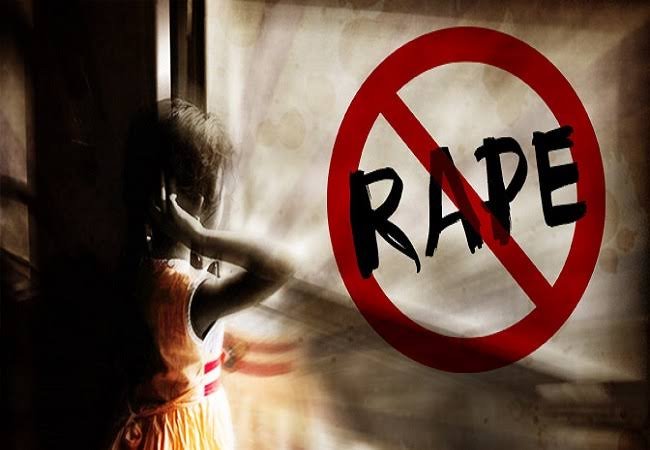Preventing rape in society requires a comprehensive and integrated approach that addresses the root causes of sexual violence and works towards changing societal attitudes and behaviors.
Education and awareness are critical components of this effort, as they help to lay the foundation for a culture that does not tolerate rape. This requires educating young people, particularly in schools and universities, about what constitutes sexual assault and how to recognize and report incidents. It also involves raising awareness among all members of society about the causes of rape and the impact it has on survivors. In addition, education and awareness help to dispel harmful myths and stereotypes about rape and promote a better understanding of consent.
The goal of education and awareness efforts is to create a culture that values respect, equality, and consent and one in which individuals feel empowered to take action to prevent rape.
Encouraging bystander intervention is another important aspect of preventing rape in society. Bystanders have the power to intervene and prevent rape from happening, and their actions can have a significant impact in creating a safer community. This can be as simple as speaking out against rape jokes or challenging inappropriate behavior.
Encouraging bystander intervention empowers individuals to take an active role in preventing rape and promotes a culture of responsibility, where everyone is accountable for creating a safe environment. Furthermore, bystander intervention can help to shift societal attitudes and behaviors by demonstrating that everyone has a role to play in preventing rape.
Bystander intervention programs can provide individuals with the skills and knowledge they need to effectively intervene and make a difference. When bystanders are equipped with the tools and resources to take action, they become valuable partners in creating a safer society and reducing instances of rape.
Strengthening the legal response to rape is another crucial aspect of preventing sexual violence in society. Laws that clearly define rape and sexual assault and provide appropriate punishments can act as a deterrent and send a strong message that rape will not be tolerated. It is also important to ensure that the legal response to rape is consistent, fair, and accessible to all survivors. This includes access to medical care, counseling, and compensation, as well as legal support and representation. The legal system must be responsive to the needs of survivors and provide them with the resources they need to recover and rebuild their lives.
The legal response must address the issue of underreporting, which is a major barrier to effectively addressing rape. By making the legal system more accessible and survivor-centered, it can help to reduce instances of rape and promote justice for survivors. Overall, a strong legal response is an essential component of creating a safer society and preventing sexual violence
